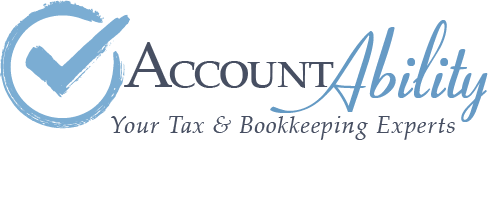Maximize Your Back-to-School Budget: Understanding the Education Tax Credit
Ah, the back-to-school season. For parents and students alike, it’s a whirlwind of excitement, anticipation, and—let’s be real—a fair bit of financial stress. Between tuition, textbooks, and dorm supplies, college expenses can feel like they’ve hit you harder than a surprise pop quiz. But fear not! Just like there’s a syllabus to guide students, there are education tax credits to help guide you through the financial maze of education costs.
Understanding Education Tax Credits
Let’s start with the basics: the American Opportunity Tax Credit (AOTC) and the Lifetime Learning Credit (LLC). These two gems can significantly reduce the financial burden of higher education.
• American Opportunity Tax Credit (AOTC): This credit is worth up to $2,500 per eligible student. It’s designed for students in their first four years of post-secondary education. To qualify, you must be pursuing a degree or other recognized education credential, and be enrolled at least half-time for one academic period during the tax year. The beauty of AOTC is that 40% of it is refundable, which means you could get up to $1,000 back even if you owe no taxes.
• Lifetime Learning Credit (LLC): Unlike AOTC, the LLC isn’t limited to students in their first four years. It’s worth up to $2,000 per tax return and can help pay for undergraduate, graduate, and professional degree courses—including courses to acquire or improve job skills. There’s no limit on the number of years you can claim the LLC, making it a versatile option for lifelong learners.
Both credits cover tuition and fees, and any supplies required for your courses, so keep those receipts!
Navigating Student Loans and Deductions
Student loans—can’t live with them, can’t get a degree without them. But here’s a silver lining: the interest you pay on student loans may qualify for a tax deduction. You can deduct up to $2,500 of interest paid on qualified student loans, and you don’t even need to itemize your deductions to claim it.
However, there are income limits. If your modified adjusted gross income (MAGI) is over $80,000 ($165,000 for joint filers), the deduction starts to phase out. Additionally, the deduction is only available to those who are legally obligated to pay the interest on the loan.
Scholarships and Grants
Scholarships and grants are fantastic—they’re like winning the lottery for education costs. But they do have tax implications. Amounts used for tuition, fees, books, and supplies are not taxable. However, if you use scholarship or grant money for room and board, travel, or other non-qualified expenses, that portion is taxable.
So, if your scholarship covers more than just your tuition and fees, be prepared to report the excess as income on your tax return. It’s a bit of a balancing act, but definitely better than juggling student debt.
Other Deductible Expenses
Books, supplies, and equipment—oh my! If they are required for your coursework and not covered by your scholarship or grant, these expenses might be deductible. This includes anything from textbooks to lab equipment and even necessary software.
Remember, these deductions can add up, so keep meticulous records. Every bit helps when it comes to lowering your taxable income and maximizing those education tax credits.
Dependency and Tax Implications
If you’re claiming a student as a dependent, it affects who gets to claim education credits and deductions. Generally, if parents claim the student as a dependent, the parents can take advantage of the education tax credits.
However, if the student provides more than half of their own support, they may need to file their own tax return. This situation often arises with older students or those working while studying. It’s crucial to assess each individual situation carefully to optimize your tax benefits.
Wrapping all these details into a neat package might seem overwhelming, but remember, you’re not alone in this. Our team at AccountAbility is here to guide you through every step of maximizing your education tax credits and ensuring you’re getting the most out of your tax return.
Want personalized advice tailored to your unique circumstances? Reach out to us at AccountAbility and let’s make this back-to-school season a little less taxing and a lot more rewarding!

